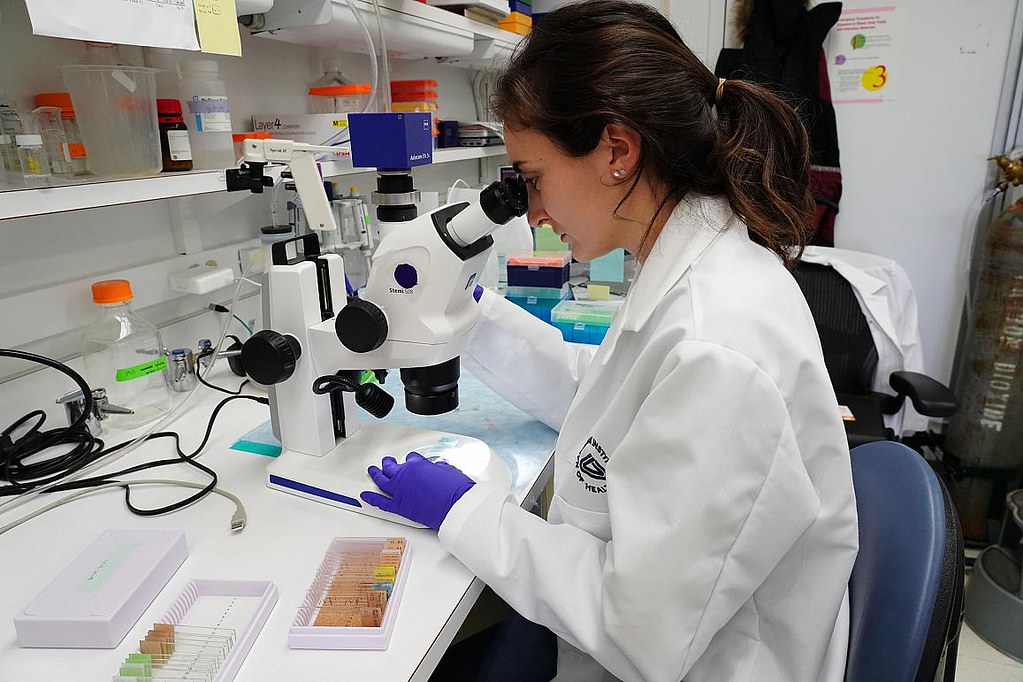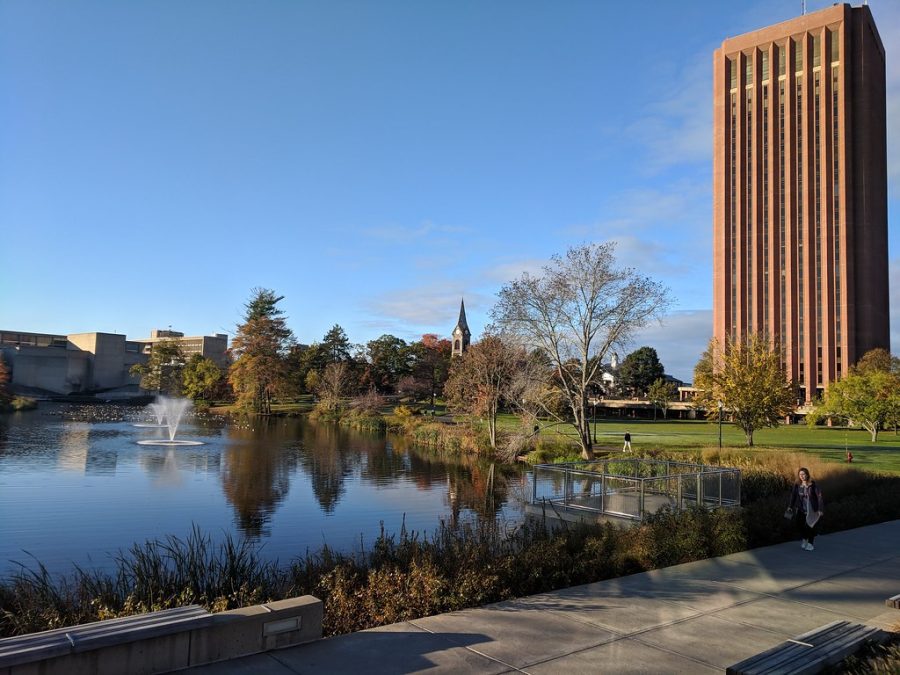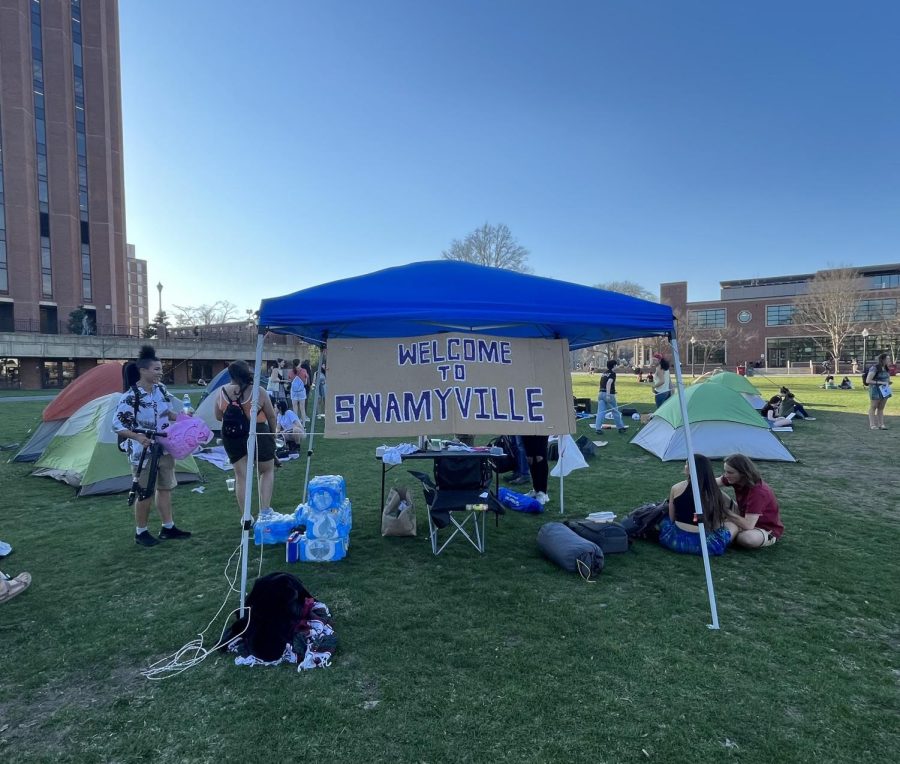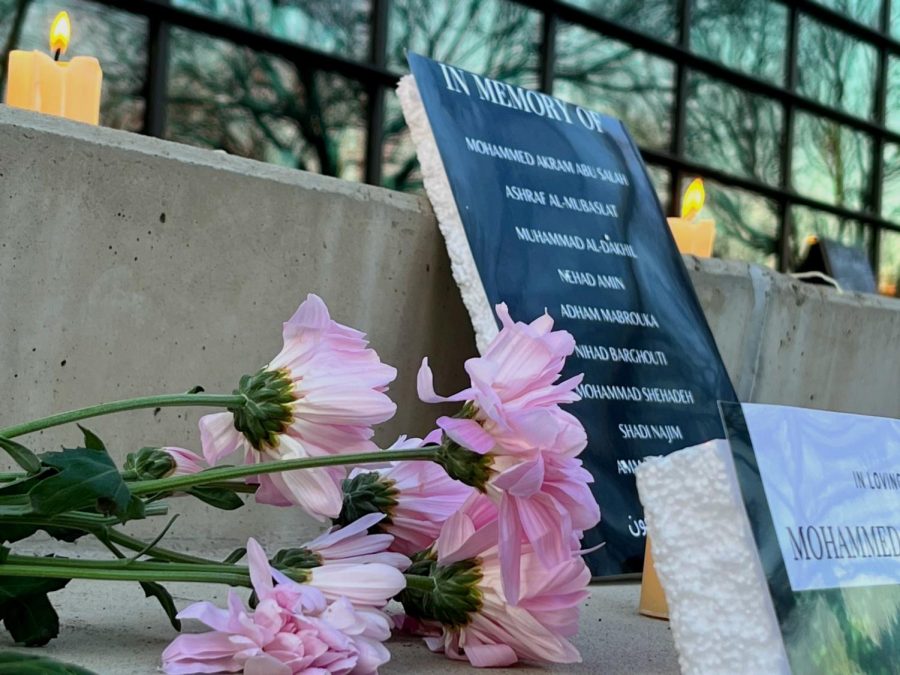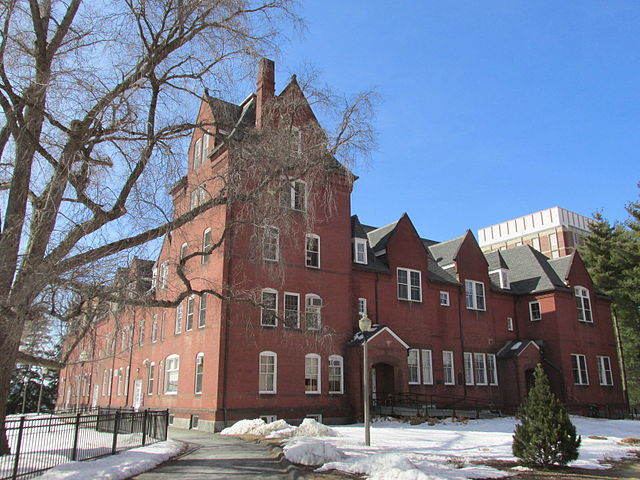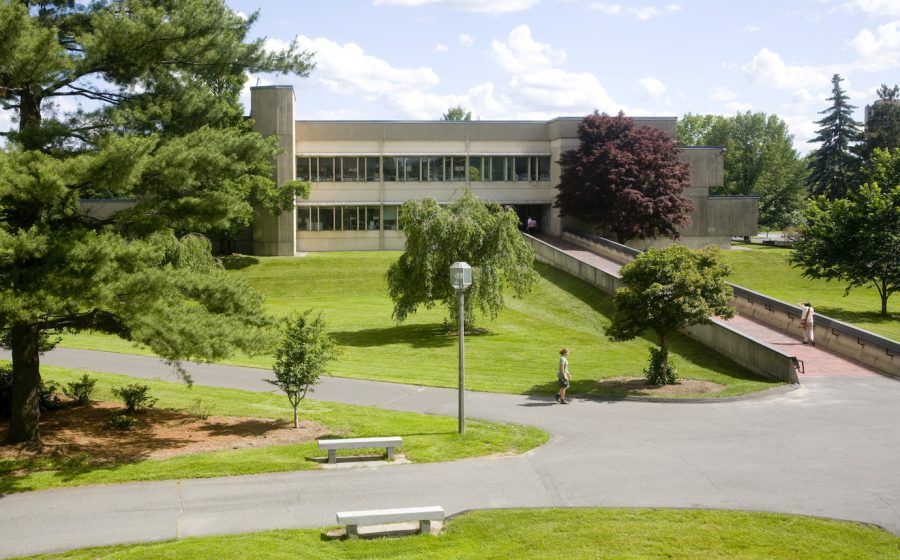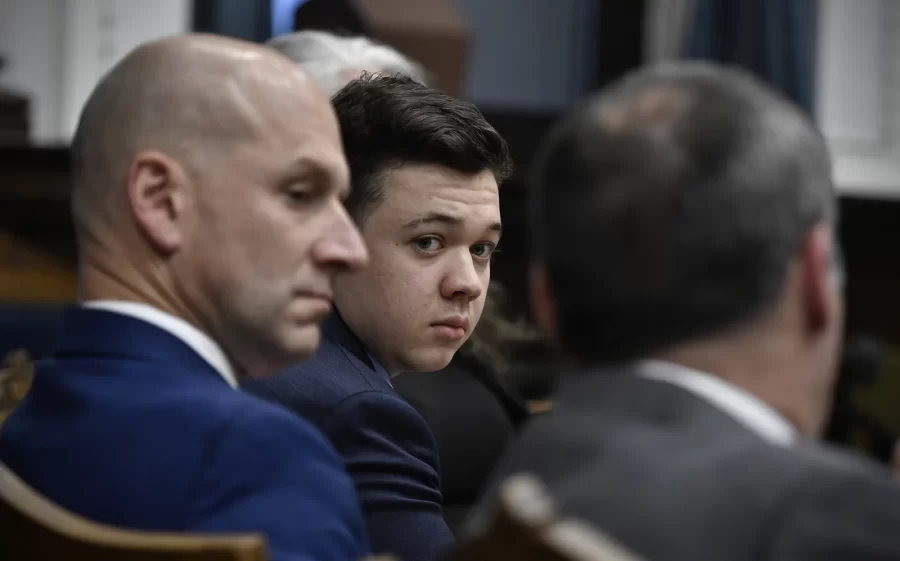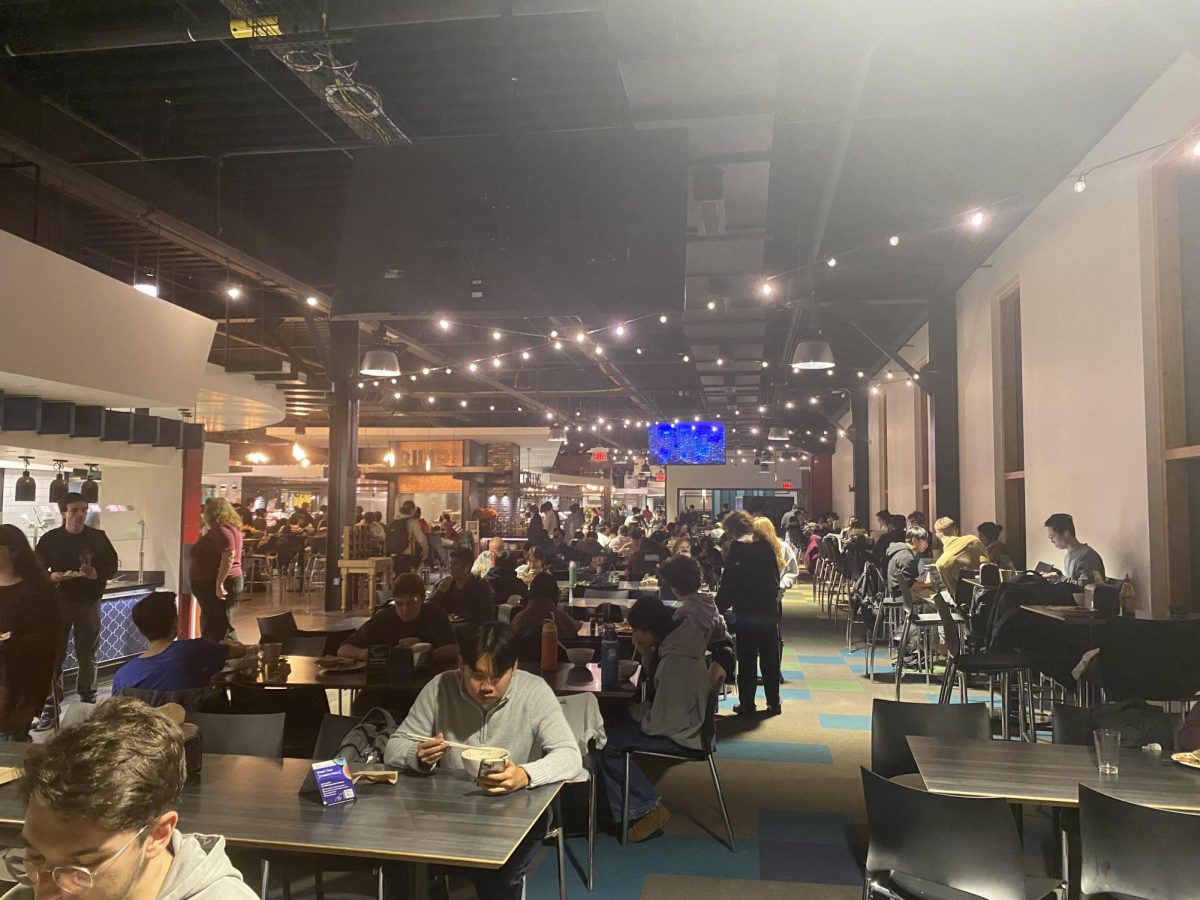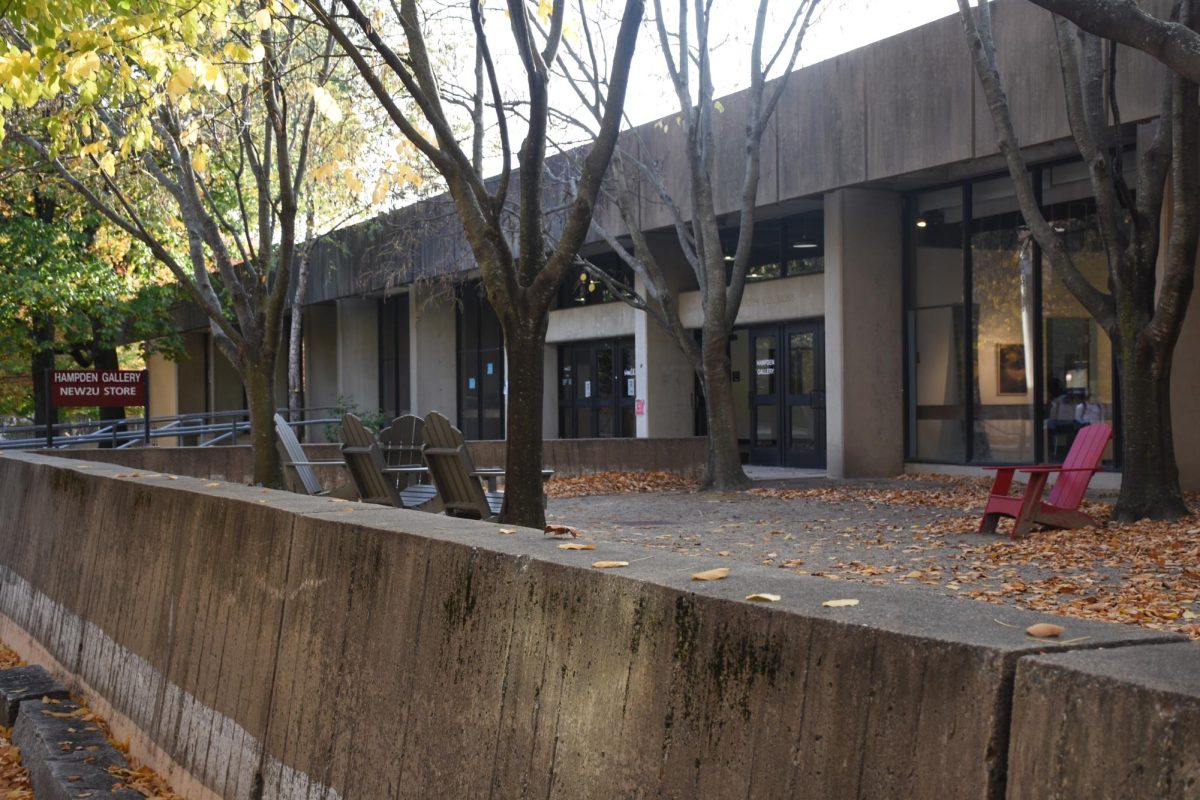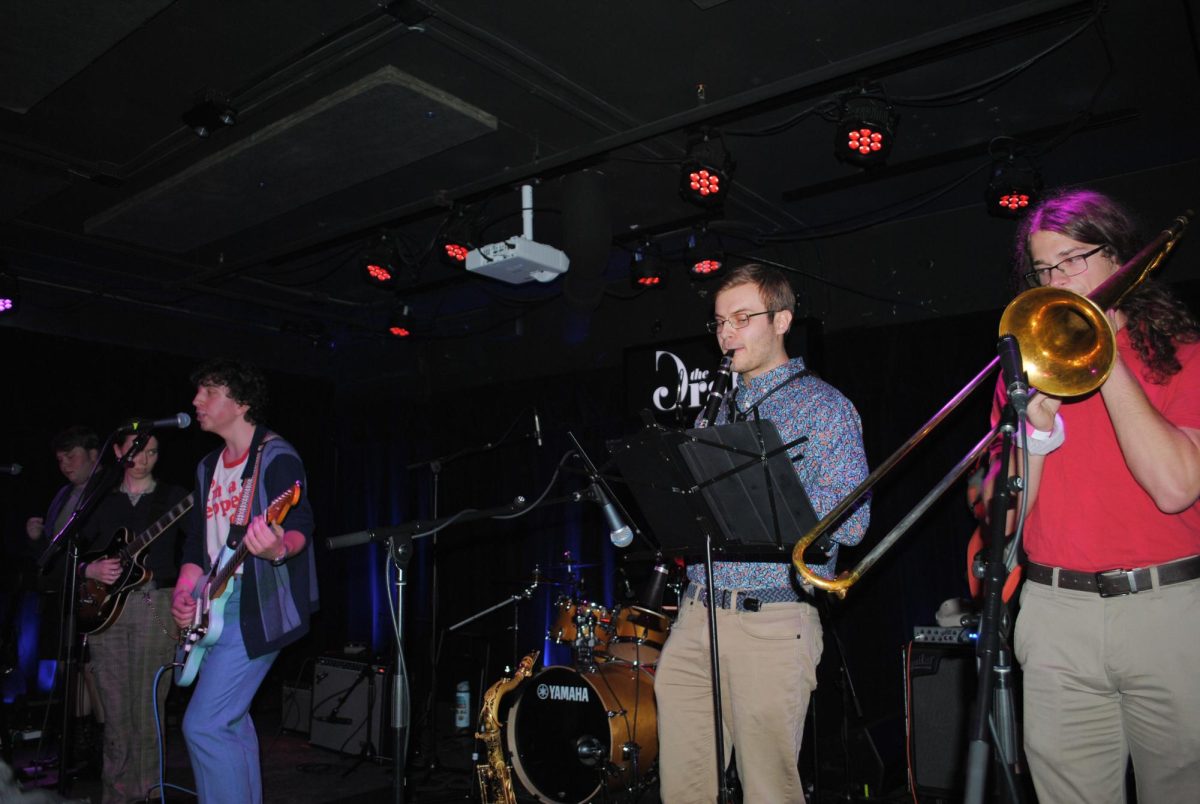Anxiety is growing in local research fields as UMass faces a potential $10 million NIH funding cut, researchers told the Amherst Wire. The threat comes after an early February Trump proposal to cap indirect grant funding at 15%.
Darsh Patel, an undergraduate biology researcher, called the potential for research cuts “a major worry for a lot of researchers and scientists on campus.”
Patel confirmed that UMass is already seeing impacts despite the proposal being blocked in court. He claimed that one graduate student that he works with has had his research funding scrutinized due to its connection to diversity, equity, and inclusion initiatives (DEI), another target of Trump’s federal shakeup.
Trump has been open about his disdain for DEI programs, calling them “radical and wasteful.”
Patel explained that his own lab, the muscle biology lab, has seen a decrease from 10 undergraduate members to three. “There are less resources for undergraduate students to be involved.”
Federal funding cuts have been an active part of the Trump administration’s plan to promote what they call “government efficiency.” And those efforts aren’t just affecting scientific research. President Trump has gone as far as to call for the dissolution of the Department of Education – though he is limited in his authority without congressional approval.
Speaking to the legality of dissolution of the DOE via executive order, UMass professor and policy analyst, Jack Schneider, in an email exchange, said, “that there are limits to what the president can do via executive order. Hopefully, Donald Trump shows respect for federal law; if he doesn’t, we’ll all be looking to the other two branches of government for action.”
It appears Trump does recognize the legal barriers to completely dissolve the department; however, he has proposed smaller budget cuts that affect schools nationwide. In turn, his NIH funding could potentially jeopardize $10 million of UMass’ research funding, according to the Daily Hampshire Gazette.
On-campus organizers and local allies have been vocal in their opposition to Trump’s moves. On Friday, March 7th, Science for the People, an activist group aimed at democratizing scientific fields, held a demonstration outside the student union to raise concerns about the various funding cuts.
Patel, who is affiliated with Science for the People, said the group is “trying to look for different areas of science that are related to advocacy.”
The effects of changes at the federal level transcend campuses, according to another graduate student researcher. The job market has felt considerable stagnation, according to the graduate student, who requested anonymity due to fears of retaliation for speaking out about the funding cuts and their fallout.
“Employers that work off of NIH funding…they have told me that even though they’re still on-boarding people for jobs, they do not actually know if they’ll be able to start working, because none of the funding is available,” the graduate student said.
A district judge issued a permanent block to Trump’s funding cap on April 4th; however, the proposal can still be moved forward in appeal courts. Despite the block in court, the proposal has still impacted the UMass campus, both in funding and in spirit.
“I don’t think there is a lot of hope,” Patel told the Amherst Wire.

